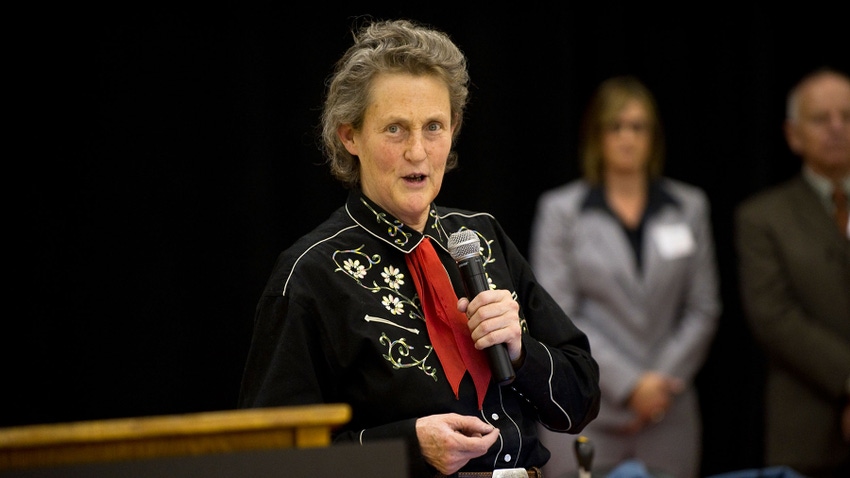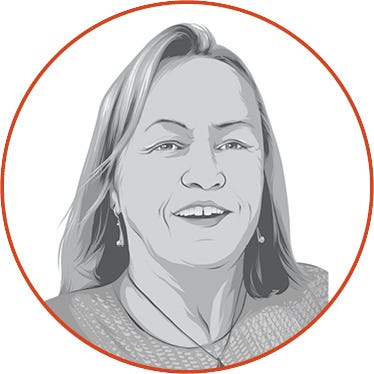
Temple Grandin, world-renowned for revolutionizing the way livestock are handled, was once a job seeker trying to find her way into a world dominated by men.
As a result, Grandin recently offered some advice for job seekers during a conversation with Farm Progress.
“Half of all good jobs are back door,” Grandin said.
Speaking from her experience, Grandin recommended that people focus on their strengths and find a way to bypass the hiring manager. Grandin’s advice applies not only to applicants who, like herself, have autism, but to anybody seeking a job.
Sell your expertise
In her case, that meant using examples of her work to win a job.
“Since I was socially awkward, one of the things I learned to do was show off my drawings. I learned to show off my work rather than doing the whole interview thing,” Grandin said.
She also learned to figure out who made the hiring decision. “I didn’t show them to the hiring manager. I showed them to the person who would appreciate my drawings.”
But that was later in her career.
Being autistic was not her greatest challenge to getting in the door initially. Grandin had to devise a way to be admitted to the world of cattle production, which was almost exclusively a men’s club. She quickly figured out that women were accepted as ag journalists, so she went through that door.
She first got a job writing about cattle by offering to do it for free. With press credentials, she could get in the cattle arenas and on the feedlots. Later, she was offered a paying job and then became an editor.
“I had to have some guts, but the ag journalism was really important,” Grandin recalled.
Move past missteps
To establish relationships, she also learned how to make conversation. Sometimes, however, those conversational gambits backfired.
She recalled one such incident with a feedlot manager who was opposed to hiring women.
“I just can’t believe that a woman could have that much knowledge about building feedlots. I see him right now. I see that jerk with his feet up on his desk saying that,” Grandin said.
To steer the conversation in a more positive direction, Grandin asked about a Folgers coffee can sitting on the bookshelf behind him.
“It was two years’ worth of tobacco spit,” she revealed with a grimace.
She still can’t look at a Folgers can. Can’t look at it in the grocery store.
In that case, learning more about that manager didn’t help advance her efforts to get the job. However, Grandin said, learning more about the thing that’s scary can get a job applicant through the hurdles of landing a job.
“If you take something that’s scary – let’s say spiders – and learn more about them, it helps you make them less scary,” Grandin said. “You have to make it interesting.”
For more tips from Grandin on livestock handling, visit grandin.com. Her books and thoughts on autism and education are available at templegrandin.com.
About the Author(s)
You May Also Like






